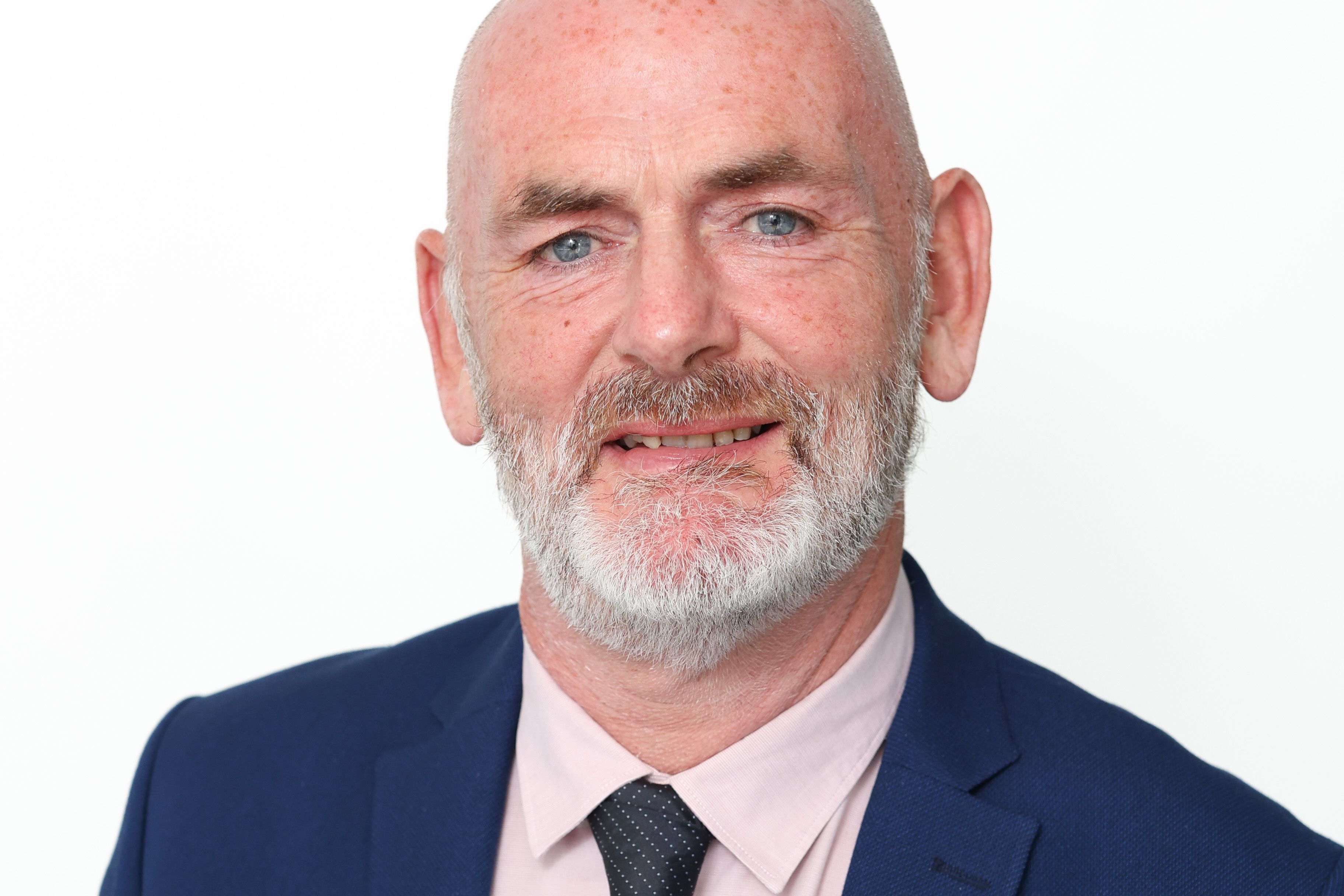Tom Reynolds, who was appointed at the institute’s annual general meeting on Thursday, said the new rules should be phased in and that Revenue should go easy on companies that don’t comply at first.
The tax will apply to firms with revenues of more than €750m from January next year, pending new legislation to be introduced alongside the budget in October.
“Hundreds of new data points from across the [human resources] and accounting functions will have to be extracted and interrogated by businesses to comply with the reporting requirements.” Mr Reynolds said.
“In a world where competition on rate is no longer an option, a strong focus on tax simplification and reducing compliance complexity would greatly enhance Ireland’s ability to offer tax certainty and consistency to both domestic and multinational businesses.”
Mr Reynolds said many firms will face tax disputes and revenue audits given the complexity of the rules, and the detail – beyond the rate – is not yet clear.
The Department of Finance expects around 1,600 firms here to be affected by the new 15pc rate.
Firms with revenues under €750m per year will continue to pay Ireland’s headline 12.5pc rate.
Guidelines on implementing the 15pc rate are still being finalised by the Organisation for Economic Cooperation and Development (OECD), as is a parallel deal to reallocate taxing rights for the world’s 100 most profitable tech firms to other countries.
The OECD secured a deal in principle on the 15pc rate and reallocation deal in 2021, with around 140 countries signing up.
But while the EU brought the 15pc rate into law earlier this year, many large countries, including the US and China, have not indicated if and when they will do so.
Tax experts say it is essential that domestic US law takes account of any top-up taxes paid here to bring multinationals up to the 15pc global rate.
“Most worrying for Ireland are the growing indications that the US will reject the OECD reforms,” Mr Reynolds said.
“Given the large number of US multinationals headquartered here, it is critical that any additional tax paid by these companies, under Ireland’s qualified domestic top-up tax mechanism, can qualify as a creditable tax for US tax purposes,” he said.
Mr Reynolds also said Ireland should end what he termed an “antiquated” tax system that does not allow tax exemptions for foreign earnings by large multinationals, saying firms could relocate easily.
“We shouldn’t be deluded: in a globalised, digitised world where remote working is now commonplace, it is easy for a business to move location.”

